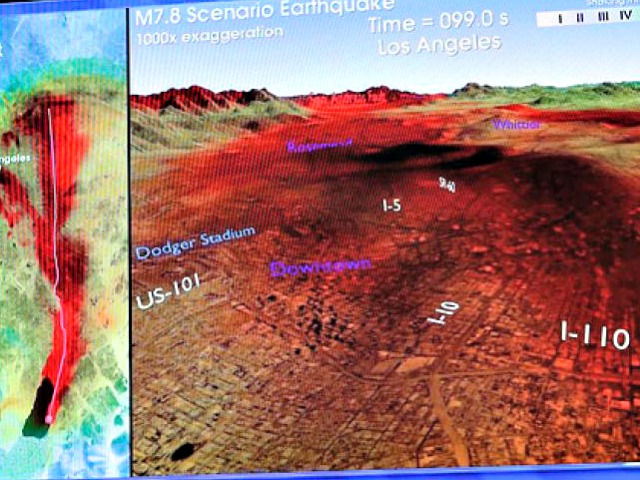A professor at the University of California, Berkeley, built an earthquake early warning system with just $100 and some scattered computer parts.
Astronomy professor Joshua Bloom used a $35 “Raspberry pie” mini-computer, a speaker, a Wi-Fi adapter, and an SD card to build the “rudimentary” system, according to CBS San Francisco. The system taps into a larger network of sensors across California, and can pick up and relay signals of an impending earthquake directly into one’s home.
“Those sensors wind up shaking and send their signals to a central computer,” Bloom explained.
According to CBS, Bloom’s system uses the same software as the Berkeley Seismology Lab. Known as “ShakeAlert,” the system can provide up to ten seconds of warning in the event of an imminent earthquake.
While Bloom’s makeshift device offers about half the warning time of ShakeAlert, Bloom got the chance to test out his system shortly before a magnitude 6.0 earthquake struck Napa Valley last month.
“Earthquake! Earthquake!” the device screeched. “Light shaking expected in… seconds.”
The Napa earthquake was just seconds away from starting, but Bloom was prepared. Now, he hopes others will take advantage of his work and become better prepared themselves.
“My hope is that knowing that a device like this could exist and people could buy it and just install it themselves, as if they were putting in a thermostat, that the public will want to see this get funded,” Bloom told CBS.

COMMENTS
Please let us know if you're having issues with commenting.